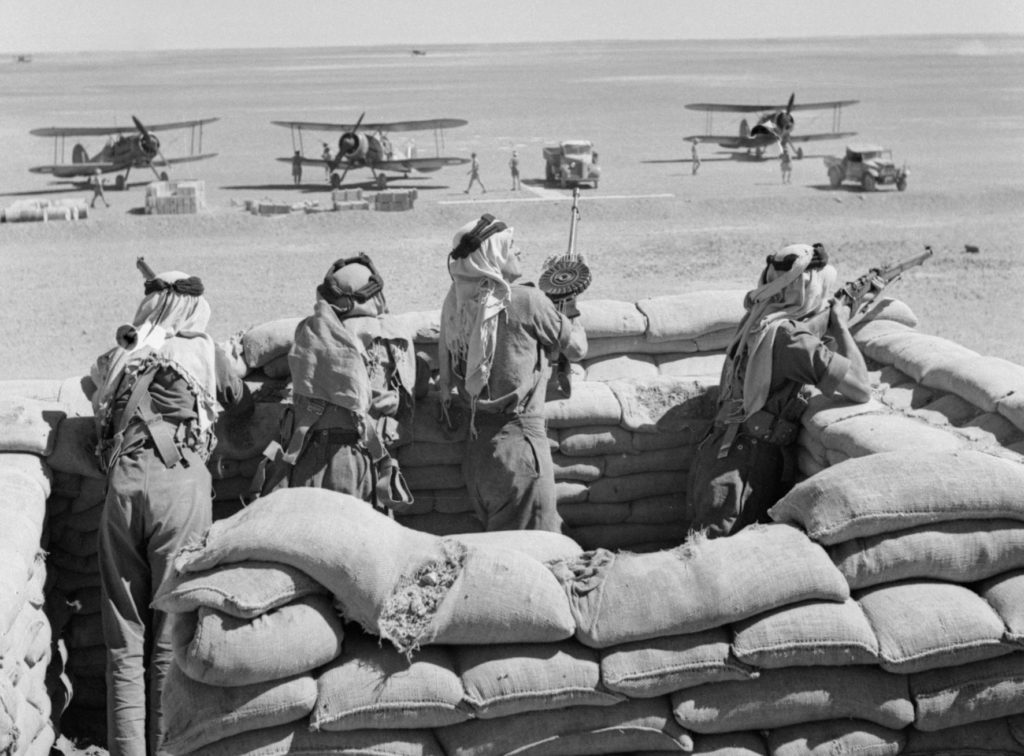© 2023 The National Muslim War Memorial Trust — a Charitable Incorporated Organisation
Registered as a charity with the Charity Commission for England & Wales, number 1191895
Registered Address: First Floor, 10 Queen Street Place, London, EC4R 1BE
At least 2.5 million Muslim soldiers and labourers from all over the world fought with the allied forces with dignity and honour.
During WW1, the British Indian Army numbered over 1.3 million, and at least 400,000 were Muslims.
The British Indian Army was composed of volunteers who served in France, Belgium, Gallipoli, Salonica, East Africa, Mesopotamia, Egypt and Persia.
From the British Indian Army, over 53,000 were killed, 65,000 injured and 3,800 were missing or taken prisoner.
A significant number of Muslims served in the British merchant navy, over 50,000 by the beginning of WW1. They came from India, Yemen, British Somaliland and other countries.
More than 15,000 merchant seamen lost their lives, which included Muslims. It is estimated that 3,427 Indian seamen were killed and 1,200 taken prisoner.
Britain ordered the invasion of German colonies in West Africa . The West African Frontier Force, drawn from Sierra Leone, Ghana, Nigeria and Gambia played a key role in the campaign.
British colonial forces fought a 4 year guerrilla campaign in East Africa.
Although the exact numbers aren’t known, the King’s African Rifles was said to contain a large percentage of Muslims. During this period, British forces lost 10,000 men.
Although the NMWMT commemorates the contribution of Muslims to Britain’s Armed Forces, we would also like to recognise the service of 800,000 Muslims from North, West and East Africa who fought in the French Armed Forces. There were 1.3 million Muslims in the Russian Army and 5,000 Muslims in the American Forces who also fought the Germans.
Muslim soldiers shared their food with locals who were suffering from the famine in Europe.
One of the tenets of Islam is that Muslims should treat enemy soldiers with respect and look after them.
Reports and letters mention that Muslim soldiers shared their food with the local people who were suffering from famine in Europe. This, despite the fact that they knew it would weaken their own strength, needed for the fierce fights to come.

Stay up to date with the latest news and events from the National Muslim War Memorial Trust.
By clicking “SIGN UP” I agree to the National Muslim War Memorial Trust, and its representatives using the information I provide to contact me about their campaigns and opportunities to get involved. For more information see our Privacy Policy


Muslims were a significant part of the British Armed Forces during both World Wars and played a pivotal role in shaping the country’s history, but their heroic contribution has been undervalued.

Lord Sheikh
Help us to achieve our goal of having a permanent memorial to those Muslims who have fought and served during times of war.
Raised so far
Card donations using the donations box always cost processing fees. Direct to bank donations, if you can make them, cost us no processing fees.
Account name: The National Muslim War Memorial Trust
Sort code: 30-90-89
Account number: 83524768
Please use the form on the Contact page to tell us about your direct to bank donation so we can thank you.
If you are a UK taxpayer, please download our Gift Aid form and complete and return it to us as indicated on the form.
If donating from overseas, our international banking details are:
BIC: LOYDGB21256
IBAN: GB45 LOYD 3090 8983 5247 68
We are registered with Give as you Live. This means we will receive a small donation if you do your online shopping via Give as you Live. You can sign up to support us via this link.
© 2023 The National Muslim War Memorial Trust — a Charitable Incorporated Organisation
Registered as a charity with the Charity Commission for England & Wales, number 1191895
Registered Address: First Floor, 10 Queen Street Place, London, EC4R 1BE